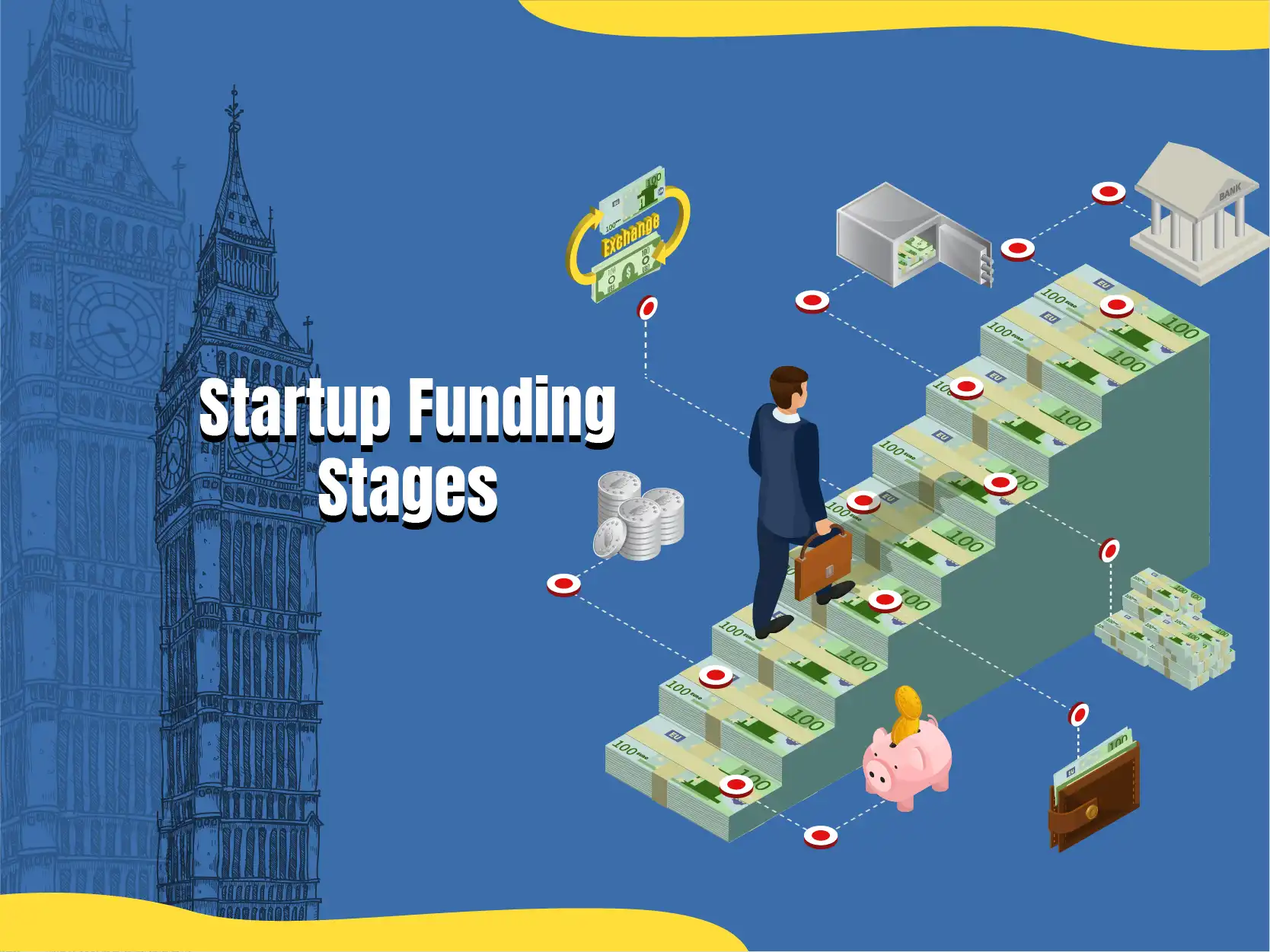
This article discusses venture capital partners, their role, how to become one, and how they make money. If you are interested in becoming a venture partner, then this article can help you.
SUMMARY
- Venture partners in venture capital firms serve as a vital link between the firm and its portfolio companies, adding strategic value to investments.
- General partners assume personal liability and manage daily operations, including making key decisions and entering into contracts on behalf of the firm.
What is a venture partner?
Venture partners in venture capital firms serve as a vital link between the firm and its portfolio companies, adding strategic value to investments. They leverage industry-specific expertise and extensive networks to support startups with guidance, deal sourcing, and fund raising. Their roles, including operating partner, board partner, fund-raising partner, sourcing partner, or business development partner, specify their responsibilities.
While venture partners do not typically lead to a general partner role, they provide experienced professionals with an opportunity to assist innovative startups and gain insight into venture capital. Compensation varies depending on agreements with the VC firm, differentiating them from permanent general partners, managing members, or partners.
Venture partner vs. general partner
General partners assume personal liability and manage daily operations, including making key decisions and entering into contracts on behalf of the firm. In contrast, venture partners focus on identifying investments and managing portfolios, providing strategic guidance without the authority to independently authorise contracts or investments.
Both roles are critical to the firm's success, with each having distinct contributions and responsibilities. While venture partners rarely advance into general partner roles, they offer experienced professionals a chance to support innovative startups and gain insight into venture capital, with compensation varying depending on VC firm agreements.
What does a venture partner do?
Venture partners in venture capital firms play a vital role in bridging the gap between the firm and its portfolio companies, providing strategic guidance, and leveraging industry expertise and extensive networks. They play various roles, such as operating partner, board partner, fund-raising partner, sourcing partner, or business development partner, each of which corresponds to specific responsibilities within the firm.
Compensation scenarios for venture partners
Venture partners play a vital role in VC firms, providing industry expertise, extensive networks, and sometimes the financial investment necessary for operations. However, their compensation varies significantly depending on the firm and role. While some receive cash based on participation, all earn interest on deals managed, which is substantial. At the high end, this can be as much as 25% of total carry, as opposed to lower figures such as 1% of profits or 5% of total carry at other firms, which I consider relatively low.
Unlike their full-time counterparts, venture partners are typically not salaried but compensated based on their contributions. This can include commissions for deals sourced, a share in investment profits (“carry”), or consulting fees. Such flexibility aligns with the part-time or project-based nature of their roles, whereby earnings are dependent on the success and performance of the portfolio company.
Many factors influence venture partner compensation, including the size of the VC firm, reputation, and the partner's expertise and network. Geographic location also plays a role; some regions offer higher earning potential due to more investment opportunities. Compared to roles such as associate or general partner, venture partners' income may be less stable, but they benefit from flexible work arrangements and other professional activities, allowing them to balance financial well-being with career flexibility.
Characteristics of an Effective Enterprise Partner
A successful venture partner possesses the essential qualities that drive the growth and scale of startups within a VC firm. They bring deep industry expertise, strategic guidance, and strong networking skills to foster valuable partnerships in the startup ecosystem. Clear communication and persuasive abilities allow the VC firm to effectively represent itself, providing practical advice to startups. Analytical skills help guide smart investment strategies by assessing market trends and financial data. They prioritise advice, integrity, and reliability, building strong relationships within the VC community.
Venture Partners are seasoned professionals adept at deal sourcing, due diligence, negotiation, and portfolio management. Their extensive industry knowledge, strategic vision, leadership, and communication skills are honed through years of experience in venture capital or related fields.
Associates, on the other hand, are talented individuals eager to learn about venture capital and skilled in financial analysis, market research, data synthesis, and presentation. They typically bring one to three years of experience in finance, consulting, entrepreneurship, or relevant graduate education. Associates contribute to supporting growth and success in VC firms by applying analytical insight and industry understanding.
How do I become a VC partner?
There are several important steps to take to start a career in venture capital.
- First, assess and develop essential skills such as analytical ability, business acumen, negotiation skills, and networking abilities. These competencies are crucial to success in this field.
- Next, choose your entry point into the industry, whether it be a pre-MBA after gaining relevant experience in areas such as investment banking or business development, a post-MBA after education in a specific industry, or entering as a senior executive or partner after founding or leading a startup.
- Depending on your chosen path, obtain the appropriate academic qualifications, such as a bachelor’s degree in a business, finance, or tech field, or an MBA for more advanced roles. Gain practical experience through internships or jobs in related industries, such as consulting or product management, to enhance your credentials.
- Finally, consider starting your own company to gain direct entrepreneurial experience, which can significantly increase your appeal to venture capital firms seeking individuals with practical industry insight.
Conclusion
The venture partner serves as an investor or advisor who provides both financial and strategic guidance to startups and established companies. Leveraging their expertise in venture capital, innovation, and entrepreneurship, they assist with fundraising, strategic planning, and portfolio management, offering invaluable advice to foster the success of startups. Unlike full-time roles such as associates or general partners, venture partners typically do not receive a steady income but instead earn based on the performance of their initiatives, which can vary in forecasts.
Despite financial uncertainties, this role offers non-monetary benefits such as flexible work arrangements and the ability to pursue other professional interests. By leveraging their industry knowledge and professional networks, venture partners play a key role in identifying investment opportunities and supporting startup growth, enhancing the firm's ability to make informed investment decisions.


 Follow us
Follow us Follow us
Follow us















